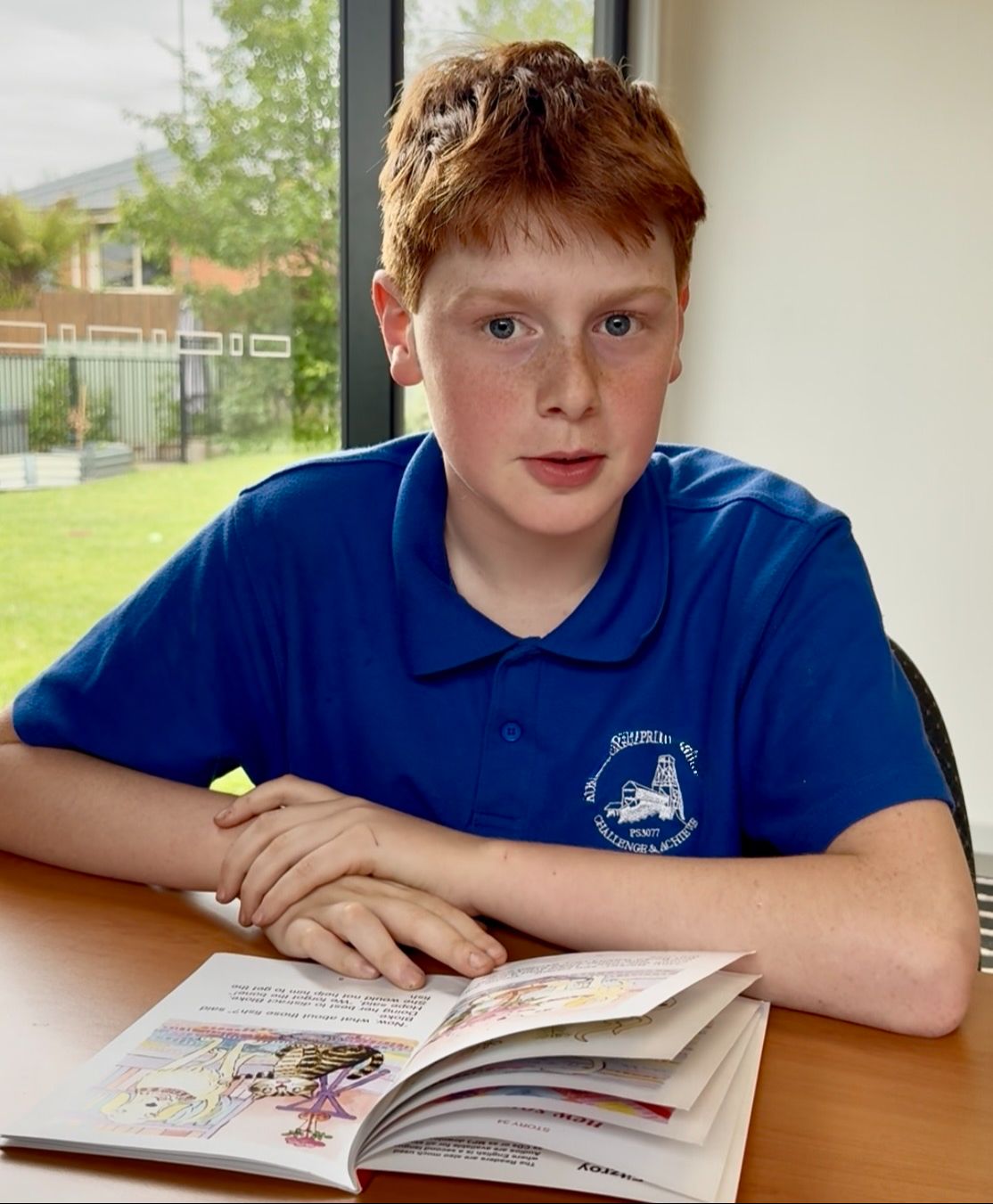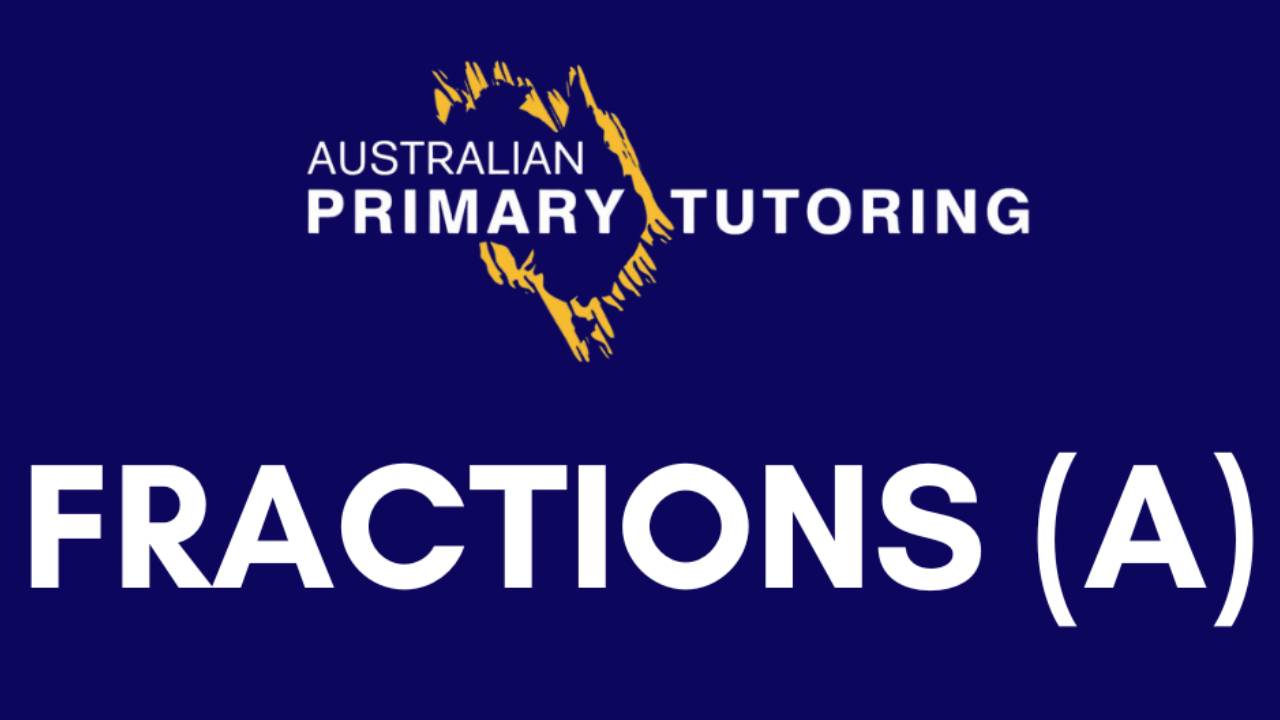Reading Comprehension
This 5-week tutoring program will guide your child through the essential skills needed for strong reading comprehension.
Designed for students any level from Year 2 to Year 7.
By the end of this program, your child will not only read with greater accuracy and understanding but also feel more confident expressing their thoughts and ideas.
Scroll down for the individual concepts covered in each week.
ENROL NOW
Our Reading Comprehension Program
Aligned with the Australian National Curriculum, this program will help your child develop the ability to understand, interpret, and think deeply about what they read — building the confidence and independence they need to succeed across all subjects.
Each week, your child will learn with a fully qualified Primary School Educator through explicit, easy-to-follow pre-recorded video lessons. Every session is supported by printable worksheets, pre- and post- tests, and a final assessment to track their progress and celebrate their growth.
If you are concerned about how well your child is understanding what they read, this program will give them the tools and confidence to thrive.
Reading Comprehension Weekly Program Information:

Week 1
❖ Why should we read, what makes a good reader and the benefits of reading
❖ Before, During and After reading
❖ Activating Prior Knowledge
❖ The purpose of reading
❖ Understanding the importance of improving your reading comprehension

Week 2
❖ Making connections while reading
❖ Strategies to make connections such as visualising, journalling, connection maps, connection reflections, comparing and contrasting
❖ Making text-to-text connections
❖ Making text-to-self connections
❖ Making text-to-world connections

Week 3
❖ Understanding the importance of asking questions while reading
❖ Understanding the importance of visualising while reading
❖ Using strategies to visualise while reading
❖ Recognising different question types while reading (literal, inferential, evaluative).

Week 4
❖ Understanding the importance of monitoring while reading
❖ Understanding the importance of predicting while reading
❖ Recognise and build strategies for monitoring before, during and after reading
❖ Recognise and build strategies for predicting before, during and after reading

Week 5
❖ Revision of all previous week's materials
❖ Understanding the importance of summarising while reading.
❖ Understanding the importance of inferring while reading.
❖ Recognising and developing strategies for summarising while reading
❖ Recognising and developing strategies for inferring while reading
❖Final Assessment (passing grade of 85% needed)
❖Download and print digital certificate
Does your child’s school report show they’re falling behind in reading? Are they struggling to make sense of what they’ve read?
All children can enjoy reading, giving them lifelong skills to thrive.
Help to give your child the tools they need today, for an easier tomorrow.
Australian Curriculum Content Descriptors Covered In Reading Comprehension:
Language
- Language for interaction – Develops from understanding how language changes with roles and context (ACELA1461-2) to considering different perspectives and points of view (ACELA1502-5), and finally to evaluating texts using evidence from the text and beyond (ACELA1782-7).
- Text structure & organisation – Progresses from recognising text purposes and structures (ACELA1463-2) to analysing variation in formality and innovation in structure (ACELA1504-5, ACELA1518-6), culminating in understanding how coherence is achieved in complex multimodal texts (ACELA1763-7).
- Expressing & developing ideas – Moves from interpreting visual features (ACELA1469-2) to exploring vocabulary and evaluative language that shape shades of meaning (ACELA1525-6).
Literature
- Literature & context / Responding to literature – Develops from comparing characters and settings (ACELT1589-2) to connecting with cultural and historical contexts and evaluating viewpoints (ACELT1613-6 → ACELT1619-7).
- Examining literature – Grows from discussing characters and settings (ACELT1591-2) to analysing author techniques, style, and how language and imagery influence mood and reader response (ACELT1599-3 → ACELT1622-7).
Literacy
- Texts in context – Extends from comparing similar topics (ACELY1665-2) to recognising and suggesting alternative points of view (ACELY1675-3).
- Interacting with others – Develops from listening for key ideas (ACELY1666-2) to clarifying and presenting viewpoints (ACELY1699-5), contributing to discussions (ACELY1709-6), and evaluating arguments in spoken texts (ACELY1719-7).
- Interpreting, analysing, evaluating – Expands from identifying audiences and using comprehension strategies (ACELY1668-70-2) through analysing text structures (ACELY1702-5, ACELY1711-6) to critiquing and synthesising ideas across varied sources (ACELY1723-7).


